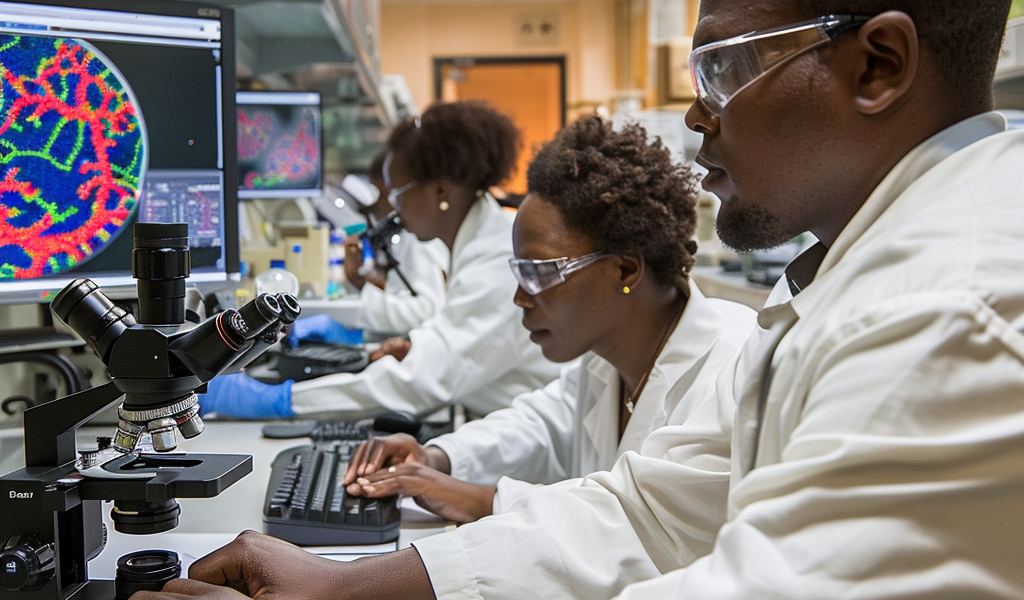In a groundbreaking study, researchers from the University of California-San Diego have made significant strides in the fight against malaria by analyzing the genomes of malaria parasites. This innovative approach promises to lead to the development of more effective treatments for the disease, as well as the ability to predict drug resistance.
Malaria remains a critical global health issue, affecting hundreds of millions of individuals and posing a major public health threat, particularly in tropical and subtropical regions. Despite advancements in controlling the disease, it continues to be one of the leading causes of morbidity and mortality worldwide. One of the primary challenges in combating malaria is the emergence of drug-resistant strains of Plasmodium falciparum, the parasite responsible for the most severe form of malaria. These resistant strains have rendered many first-line treatments ineffective, complicating efforts to manage the disease.
The research team at UC San Diego focused on the genomes of 724 malaria parasites that had been evolved in laboratory settings to resist one of 118 different antimalarial compounds. By utilizing advanced genomic analysis techniques, the researchers were able to identify specific genetic variants that are likely to confer drug resistance. This comprehensive analysis allows for a more holistic understanding of how resistance develops across multiple drugs, rather than examining the effects of a single agent at a time.
Elizabeth Winzeler, a professor at UC San Diego and a key contributor to the study, emphasized the importance of this new methodology. She stated that this research “creates a roadmap for understanding antimalarial drug resistance across more than a hundred different compounds.” This is a significant advancement in the field, as it allows scientists to predict how malaria parasites may respond to various treatments, potentially leading to more targeted and effective therapeutic strategies.
Moreover, the implications of this research extend beyond malaria. The study’s findings could also be applied to predict treatment resistance in other infectious diseases and even in cancer therapies. Winzeler noted that many of the resistant genes identified in this study are conserved across different species, suggesting a broader applicability of the research findings.
The study’s results, which have been published in the prestigious journal Science, highlight the potential of combining genomic analysis with machine learning technologies. This integration could revolutionize the way researchers approach drug resistance, enabling them to anticipate changes in parasite behavior and to develop new treatment protocols accordingly.
As the global community continues to grapple with the challenges posed by malaria, this research represents a beacon of hope. With the ability to predict drug resistance and develop more effective treatments, scientists are one step closer to controlling and potentially eradicating this deadly disease.
In summary, the analysis of malaria parasite genomes is paving the way for innovative approaches to combat drug resistance and improve treatment outcomes for millions affected by malaria worldwide. As researchers continue to explore the genetic underpinnings of this disease, the potential for new breakthroughs remains promising.





